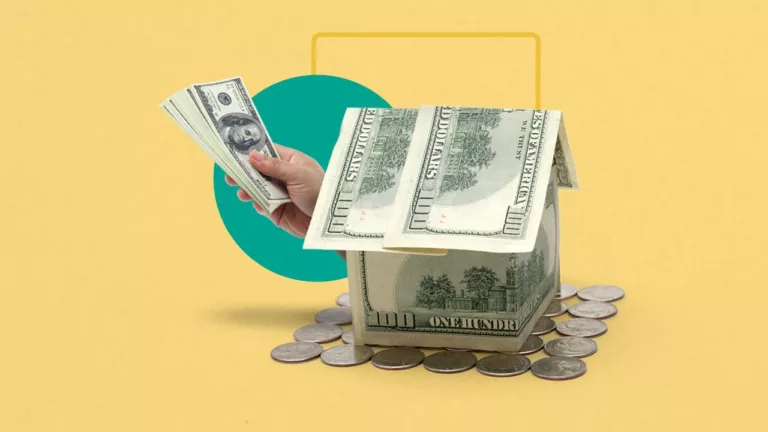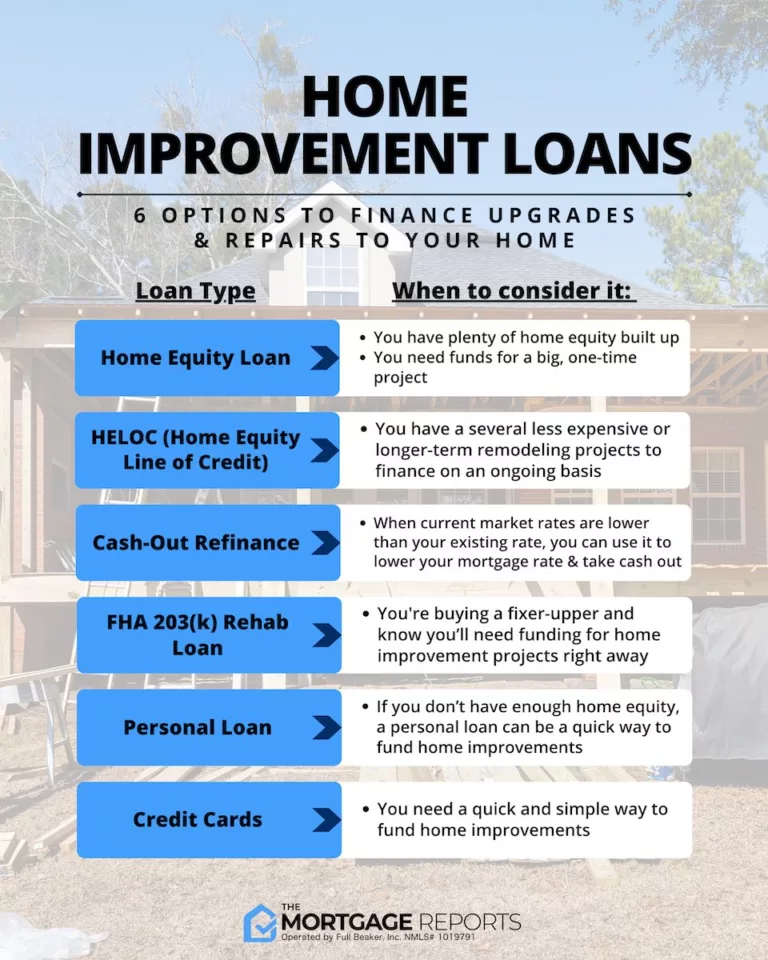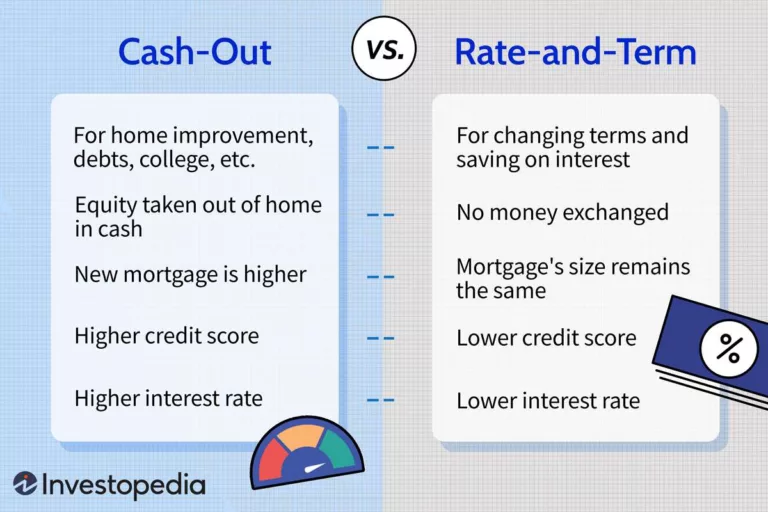Can You Sell Your House If You Have a Mortgage: Explained
Yes, you can sell your house even if you have a mortgage on it. Selling your house while you still have a mortgage is possible and often done by homeowners looking to move, downsize, or relocate.
When you have a mortgage, you will need to pay off the remaining balance from the sale proceeds. The process may involve working closely with the lender to settle the mortgage and ensure a smooth property transfer. We will explore the ins and outs of selling a house with a mortgage, including the steps involved, potential challenges, and helpful tips to navigate the process successfully.
So, if you’re wondering whether you can sell your house with a mortgage, the answer is yes, and we’re here to guide you through it.
:max_bytes(150000):strip_icc()/dotdash-111214-buying-home-cash-vs-mortgage-v2-325bbfe3ca7343ca904ecaa9d2cb6c67.jpg)
Credit: www.investopedia.com
Selling A House With A Mortgage
For many homeowners, selling a house can feel like a daunting task, especially if they still have a mortgage. But rest assured, it is entirely possible to sell your house even if you still hold a mortgage. In this section, we will explore the selling process and important considerations when selling a house with a mortgage.
Selling Process
The process of selling a house with a mortgage is similar to selling a house without a mortgage. However, there are a few additional steps to consider. Let’s break down the process into key stages:
- Assess your financial situation: Before putting your house on the market, it’s important to determine the outstanding balance on your mortgage. This will help you understand what you owe the lender and calculate your potential profits from the sale.
- Consult with your lender: Reach out to your mortgage lender and inform them of your intention to sell. They can provide you with an estimate of the outstanding balance and any penalties or fees associated with paying off the mortgage early.
- Set a competitive price: When pricing your house, take into account the remaining mortgage balance and other factors such as market conditions and comparable sales in the area. A competitive price will attract potential buyers and help expedite the selling process.
- Market your property: Utilize various marketing channels, such as online listings, social media, and real estate agents, to showcase your house to potential buyers. Highlight its unique features and emphasize any updates or renovations you have undertaken.
- Negotiate offers: Once you receive offers, carefully review them and consider the financial implications. Evaluate whether the offer is sufficient to cover your outstanding mortgage balance and leave you with an acceptable profit.
- Sell and pay off your mortgage: Upon accepting an offer, proceed with the closing process. Your lawyer or closing agent will coordinate with the buyer’s representative and the mortgage lender to clear the outstanding balance from the proceeds of the sale.
Considerations
When selling a house with a mortgage, there are several important considerations to keep in mind:
- Prepayment penalties: Some mortgage agreements may include prepayment penalties, which means you’ll incur fees for paying off your mortgage before a specified time frame. Consult your lender to understand if such penalties apply to your mortgage and how they could affect your finances.
- Remaining equity: Calculate the equity you have in your property by deducting the outstanding mortgage balance from the estimated sale price. This will give you an idea of how much profit you can expect from the sale.
- Financial implications: Selling a house with a mortgage can have financial implications, especially if you plan to purchase a new home. Assess your finances and determine the impact that selling your current property will have on your future plans.
- Mortgage assumptions: In certain cases, it may be possible to transfer the mortgage to the buyer, subject to approval from the lender. This option can be beneficial if the buyer is interested in assuming your favorable mortgage terms.
- Timing: Selling a house with a mortgage may take longer compared to a mortgage-free sale. Ensure you have a realistic timeline to sell your house and find a suitable buyer.
Now that you understand the selling process and the key considerations, you can confidently sell your house, even if you still have a mortgage. Always consult with your lender, real estate professionals, and financial advisors to ensure a smooth and successful transaction.
Understanding Mortgage Options
Want to sell your house but have a mortgage? Understand your options and the process involved to make an informed decision that works for you.
Understanding Mortgage Options When it comes to selling your house, one big factor to consider is whether you have a mortgage on the property. Many homeowners find themselves in this situation, wondering if they can sell their house while still having a mortgage. The good news is that it is indeed possible to sell your house even if you have a mortgage. To better understand your options, let’s take a closer look at the types of mortgages and options for paying off your mortgage. Types of Mortgages Before diving into your options for selling a house with a mortgage, it’s helpful to understand the different types of mortgages available. Here are a few common types: 1. Fixed-rate Mortgage: This type of mortgage offers a fixed interest rate throughout the loan term, providing stability and predictability in monthly payments. 2. Adjustable-rate Mortgage (ARM): With this type of mortgage, the interest rate fluctuates over time, generally starting with a lower rate for an initial fixed period before adjusting. Options for Paying Off Mortgage Now that you have a better understanding of the types of mortgages, let’s explore the options for paying off your mortgage when selling your house. 1. Paying Off the Mortgage Balance: One straightforward option is to use the proceeds from the sale to pay off the remaining balance of your mortgage. This allows you to close the mortgage and transfer the property to the buyer without any outstanding debt. 2. Transferring the Mortgage to the Buyer: In some cases, it might be possible to transfer the mortgage to the buyer. This arrangement is known as assumable mortgages. However, it’s important to note that not all mortgages are assumable, so it’s crucial to consult with your lender to determine if this is a viable option. 3. Refinancing the Mortgage: Another option to consider is refinancing your mortgage before selling the house. This involves paying off your current mortgage with a new loan, potentially at a better interest rate or loan terms. By refinancing, you can simplify the process of selling your house with a mortgage. 4. Negotiating with the Lender: If you’re facing financial hardships and need to sell your house but can’t afford to pay off the mortgage balance, it may be worth reaching out to your lender to discuss possible solutions. In some cases, lenders may be open to negotiating a settlement or restructuring the loan terms to facilitate the sale. By understanding the types of mortgages and exploring the options for paying off your mortgage, you can confidently sell your house even with an existing mortgage. Remember to consult with a reputable mortgage professional and gather all the necessary information before making any decisions. Now that you know the possibilities, you can take the necessary steps to sell your house, knowing your options are open.Selling A House With An Outstanding Mortgage
When it comes to selling a house with an outstanding mortgage, there are a few options to consider. You may be wondering if it’s possible to sell your house while you still owe money on your mortgage. The answer is yes, but it’s important to understand the various options available to you when it comes to selling your house with an outstanding mortgage.
Pay Off The Mortgage
If you have enough equity in your home, one option is to pay off the outstanding mortgage balance before selling your house. This means using the proceeds from the sale to pay off your mortgage in full. By paying off the mortgage, you’ll have a clear title to the property, which can make the selling process smoother and more appealing to potential buyers.
Transfer The Mortgage
Another option to consider is transferring the mortgage to the buyer. This can be done by working with your lender to see if they offer assumptions or novations. An assumption occurs when the buyer takes over your existing mortgage, including the interest rate and terms. A novation, on the other hand, involves substituting the original borrower with a new borrower. Both of these options can be beneficial if the buyer qualifies and is willing to take on your mortgage.
Short Sale
If you owe more on your mortgage than the current value of your home, a short sale may be an option to consider. A short sale occurs when the lender agrees to accept less than the total amount owed on the mortgage. This option is typically used when the housing market is in decline or if you’re facing financial hardships that make it difficult to keep up with the mortgage payments. While a short sale can help you avoid foreclosure, it’s important to keep in mind that it may have a negative impact on your credit score. Important Points to Remember:
- Selling a house with an outstanding mortgage is possible, but it’s important to explore your options.
- If you have enough equity, consider paying off the mortgage before selling to have a clear title.
- Transferring the mortgage may be an option if the buyer is willing and qualifies.
- A short sale can be an option if you owe more on your mortgage than your home is worth.
By understanding your options and considering your unique situation, you can make an informed decision when it comes to selling your house with an outstanding mortgage.

Credit: www.bankrate.com
Effect Of A Mortgage On The Selling Process
When it comes to selling your house, having a mortgage can have certain implications on the process. It’s important to understand how your mortgage can impact the selling price negotiations and your home equity. This information will help you navigate the selling process smoothly and make informed decisions to maximize your profits.
Home Equity
Your home equity plays a crucial role when selling a property with a mortgage. Home equity is the difference between the current market value of your house and the outstanding balance on your mortgage. It represents the portion of the property that you actually own. The higher your home equity, the more money you can potentially make from the sale of your house.
When setting the selling price, it’s essential to consider your home equity. A higher equity allows you to negotiate a higher selling price, giving you more room for profit. On the other hand, if your home equity is lower, you may need to be more flexible with the selling price to attract potential buyers.
Selling Price Negotiations
The presence of a mortgage can impact the negotiations around the selling price. Potential buyers may be concerned about the mortgage transfer process and the associated fees and paperwork. This can affect their willingness to pay the asking price or may lead to negotiations for a lower price.
It’s important to communicate openly with potential buyers about the mortgage situation. Provide clear information about any potential mortgage transfer requirements or costs to alleviate their concerns. This transparency can help establish trust and make the negotiation process smoother.
Additionally, it’s crucial to work with a real estate agent who has experience in dealing with mortgage situations. They can guide you through the negotiations and help you navigate any challenges that may arise due to your existing mortgage.
By understanding the effect of a mortgage on the selling process, you can make informed decisions to optimize your profits. Consider your home equity when setting the selling price and be prepared for negotiations that may be impacted by the mortgage. With the right approach and expert guidance, selling your house with a mortgage can be a seamless process that leads to a successful sale.
Common Challenges When Selling A House With A Mortgage
Selling a house with a mortgage can present challenges, but it is possible to do so. Dealing with loan payoffs, potential penalties, and finding a buyer willing to assume the mortgage are all aspects to consider. It’s essential to navigate these obstacles to successfully sell your home.
Negative Equity
One of the common challenges homeowners face when selling a house with a mortgage is negative equity. Negative equity occurs when the outstanding balance on the mortgage is higher than the current value of the property. This can make it difficult to sell the house because the seller would not be able to cover the full amount owed to the lender from the sale proceeds.
Selling a house with negative equity can lead to a financial setback for the homeowner. It may require the seller to bring additional funds to the closing to make up for the shortfall or negotiate with the lender to accept a lower payoff amount. This can be a daunting process, but there are options available to help homeowners navigate through this challenge.
Prepayment Penalties
Another common challenge that homeowners face when selling a house with a mortgage is prepayment penalties. Prepayment penalties are fees charged by lenders if the borrower pays off the mortgage before the predetermined period, typically within the first few years of the loan. These penalties can be a significant deterrent for homeowners looking to sell their house before the end of the loan term.
When considering selling a house with a prepayment penalty, homeowners should carefully review their mortgage agreement to understand the terms and conditions. Some lenders may waive or reduce the prepayment penalties in certain circumstances, such as selling the property due to a job relocation or financial hardship. It’s important to communicate with the lender and explore options to minimize the impact of prepayment penalties when selling a house with a mortgage.
:max_bytes(150000):strip_icc()/real-estate-short-sale_sourcefile-5029c549f7c249ebb831e3f0e61fcab2.jpg)
Credit: www.investopedia.com
Frequently Asked Questions For Can You Sell Your House If You Have A Mortgage
Can You Sell House Before Paying Off Mortgage?
Yes, you can sell your house before paying off the mortgage. Once the house is sold, the proceeds will go towards paying off the remaining mortgage balance.
How Long After Getting A Mortgage Can You Sell The House?
You can sell a house immediately after getting a mortgage. There is no specific waiting period.
What Happens To Your Mortgage When You Sell At A Loss?
When you sell your mortgage at a loss, you may still owe the remaining balance to the lender. This is called a deficiency, and you are responsible for paying it back. It’s important to seek professional advice and explore options like negotiation or refinancing to handle the shortfall.
Can I Transfer My Mortgage To Someone Else?
Yes, it is possible to transfer your mortgage to someone else. This can be done through a process called mortgage assignment or assumption. However, it requires the lender’s approval and the new borrower must meet their eligibility criteria. It’s best to consult with a mortgage professional for guidance on this.
Conclusion
Selling a house with a mortgage is possible but requires careful planning and consideration. It’s important to evaluate the current market conditions, calculate your outstanding mortgage balance, and consult with a real estate agent or financial advisor. By taking these steps, you can navigate the process successfully and achieve your goal of selling your house even with an existing mortgage.
Remember, each situation is unique, so it’s essential to assess your specific circumstances before making any decisions.




